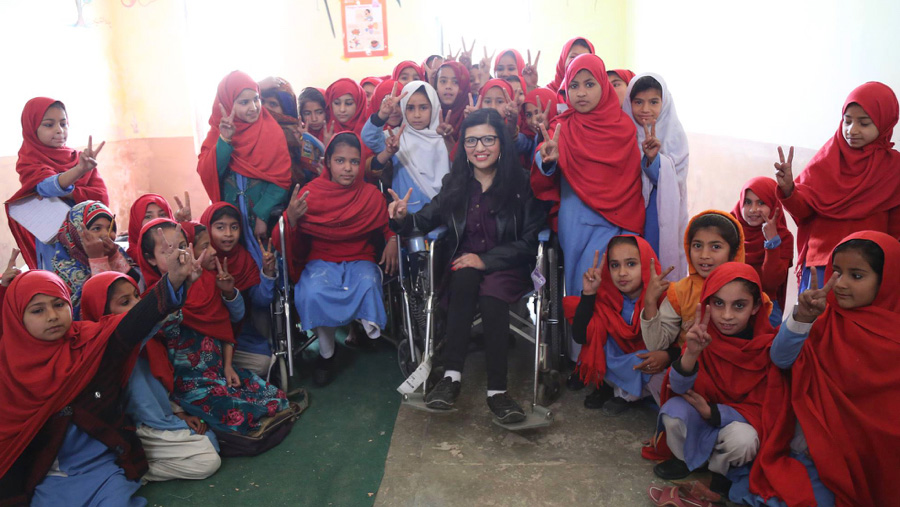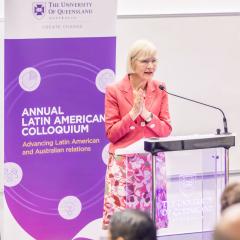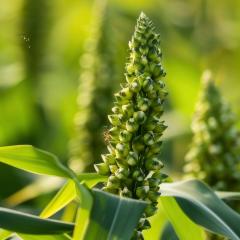Asia and the Pacific is the most disaster-prone region in the world. Women across the region are helping us to understand and reduce the risk of disasters we face.
This collection of inspiring women are finalists for the Women’s International Network for Disaster Risk Reduction (WIN DRR) Leadership Awards. The diversity of their stories reflects the breadth of solutions required to meet the challenges of climate change and increasingly intense disasters in the region. Read all their stories
Meet one here - Abia Akram - who took part in the UQ-led 2019 Women in Executive Leadership Development (Pakistan) short course.

“Disability is just a different lifestyle and I'm very proud of my disability,” says Abia. “The question is how we can give that understanding to other persons with disabilities, so they can accept that.”
Abia Akram is a Pakistani disability rights activist. She is the founder of the National Forum of Women with Disabilities in Pakistan, and a leading figure within the disability rights movement in the country as well as in Asia and the Pacific.
In 1997 Abia got involved in disabled people's organizations and founded the Ageing and Disability Task Force, which is a coalition of twelve organizations that work for a mainstreaming of concerns around ageing and disability in humanitarian agencies. Abia was the coordinator for the Ageing and Disability Task Force during the 2010 Pakistan floods, making sure that disability inclusiveness was a part of the UN Humanitarian Emergency Response.
Abia says they are able to cross reference flood and community data to target support for people with disability in disasters. “Every year, when it rains the floods often come in the same locations,” Abia says. “We started talking to those families about how to evacuate people with disabilities. We put flags on homes where we identified a person with disabilities,” she says. “With better systems, when the floods come, they are safely evacuated.”
Abia advocates for the rights of persons with disabilities; lobbying with policy makers in the public, private and development sector for inclusion of persons with disabilities in the process. She conducts consultations for the empowerment of persons with disabilities by creating an accessible environment; and promotes accessible information for persons with disabilities from services of health, education and livelihoods.



